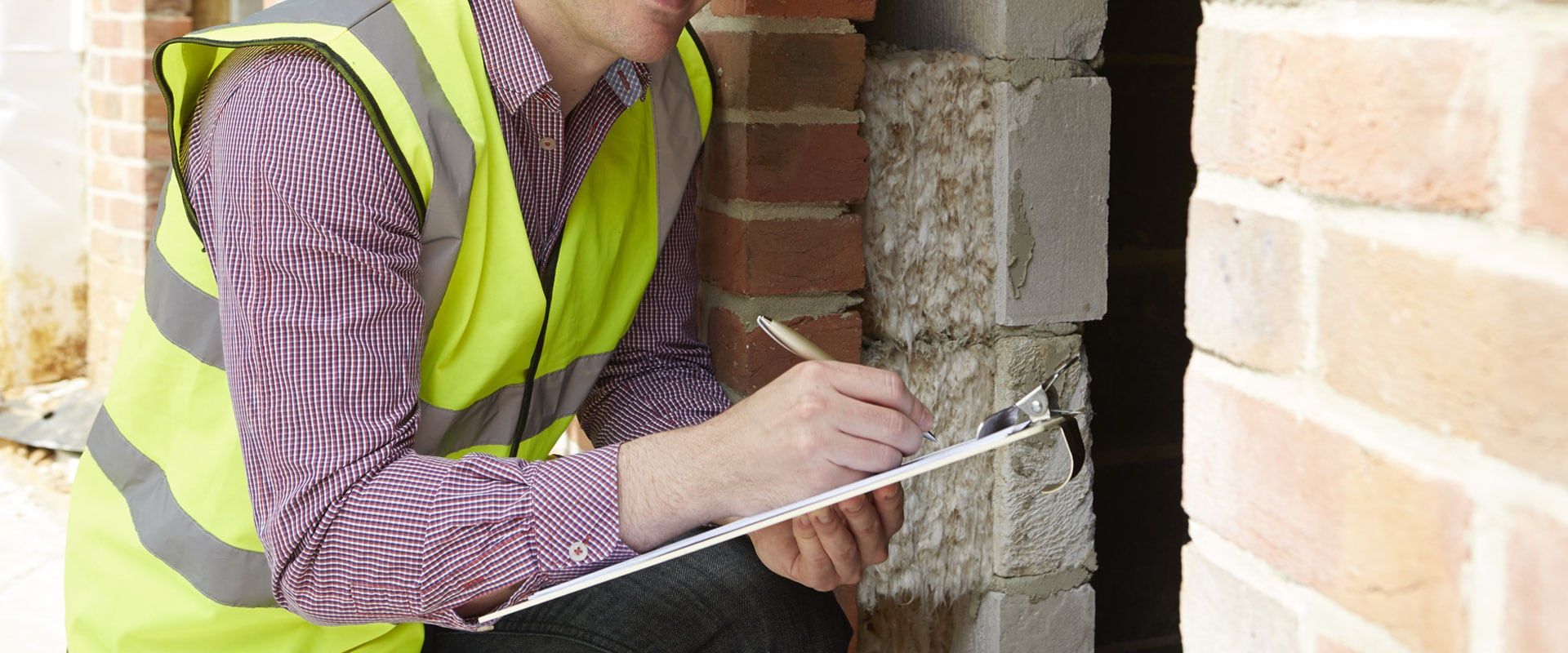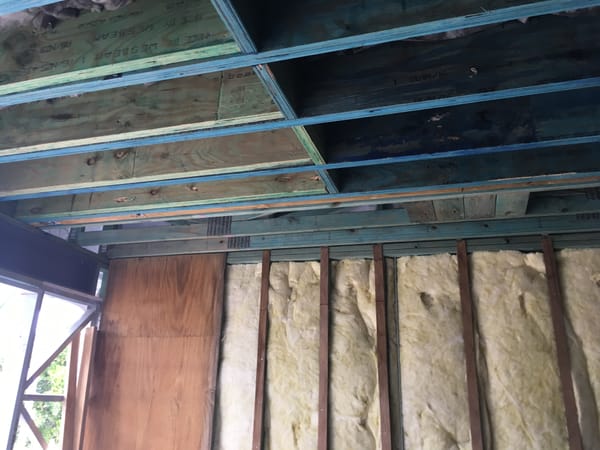An independent building inspection should be conducted at each progress stage claim, and prior to making the final payment for a new home.
Hiring a building inspector is an effective way to get an unbiased opinion on the construction project. It is important that your home meets the Australian Building Code and follows best practices.
A building inspection is necessary to detect any potential defects that the building supervisor assigned to construct your new home may have missed. Building inspectors check various details of the construction process that may not have been considered.
BUT THE HOUSE WAS INSPECTED BY A BUILDING CERTIFIER?
It is important to remember that a certifier's frame stage inspection and final certificate does not guarantee the house was built correctly. Even though council or building certifiers may enforce code compliance, they may not be able to detect any flaws in the workmanship or materials used. This can lead to unexpected and costly repairs down the track.
Building certifiers carry out a frame stage inspection but it is important for you to understand that they only checking bracing and tie down compliance. They are not checking room dimensions, plumb straight, the quality of material used or methods of construction, only that the structure has been built in accordance with the certified bracing and tie down plans.
The majority of complaints builders receive about residential homes is to do with the quality of plaster and paint work. Most building supervisors I have observed DO NOT check walls for plumb and straight, which is the fundamental cause of 75% of plaster and paint complaints.
In addition to this timber framing centres and frame quality (strength) adds another 10% to the cause. The application of the paint takes up the remainder of the cause as often the paint is not applied in accordance with manufacturer recommendations like: a thorough pre-paint, boxing supplied paint, sanding between coats, applying a three coat system, back rolling of sprayed coats to name a few.
For this reason, having an independent property inspector conduct a thorough inspection is highly recommended, as they are able to assess if the construction meets relevant standards and identify any minor defects.
Any major defects will also be identified so that these mistakes can be rectified immediately before moving into the property. This will give buyers peace of mind knowing their new home is built to industry standards and is ready for them to move in with confidence.
COMMON ISSUES FOUND IN NEW HOMES
Patent defects are classified as defects in a property that are found through observations made by the buyer of the home. Examples of these issues would include broken windows, damage to any plasterboard and cracks in drywall, flooring, or walls.
Such problems are easily detectable even to the untrained eye and should not be overlooked, a qualified building inspector can assist with this.
Latent defects refer to hidden issues within a property which could often go unnoticed until a pest or building inspector examines them closer. Problems such as leaking shower, flashings, subsidence due to shifts in soil beneath the house and roof leaks (all major defects) can occur even in new homes
It can be difficult to identify certain abnormalities without the use of specialised tools such as concrete moisture testing or thermal imaging, which detect moisture beneath surfaces.
It is important for prospective home owners to involve an experienced inspector to identify potential latent defects during the early stages, which could potentially become evident in investigations or claims during the warranty period.
WHY USE AN INDEPENDENT BUILDING INSPECTOR?
Engaging an independent building inspector is a smart move when you are building a new home. An unbiased inspection will ensure that you are informed about any defects and issues with the build so that you can make an informed decision at each progress stage claim.
Project builders are notorious (amongst Building Supervisors) for overloading them with more houses to manage than they are able to. It is in a companies interest to have a building supervisor managing "more than less" homes as this saves them the cost basis of hiring another supervisor.
There have been efforts, especially in Queensland through the QBCC to regulate what a reasonable number of homes to supervise at once is. I believe this number is currently 20 homes.
The QBCC does try to specify what "adequate supervision is" and you can read all about it here on the QBCC website.
Using an independent building inspector for progress claim inspections like slab stage, frame stage, enclosed stage, fixing stage and practical completion stage is a great way to have an additional set of qualified eyes keeping the builder and trades "honest".
I’ve found that many tradespeople don't have a clue about the Australian standards and performance requirements, despite the fact they should! For this reason alone if i wasn't a builder, i would look for a building inspector who is up to date with both the BCA and NCC.
Beat the repair bills! Spot damage early with building inspections and save. An independent building inspector with experience and qualifications can ensure that all aspects of the build meet compliance standards.
BUT MY BUILDER HAS A 30 YEAR STRUCTURAL WARRANTY, WHY WOULD I USE A BUILDING INSPECTOR WHEN THEY HAVE MY BACK?
It is essential to read the details of the structural warranty offered by the builder thoroughly. I will generalise and say that they (the warranties) are not worth any more than the paper they are written on.
In Queensland, after completion of the 6-month defects liability period and expiration of the owner's home warranty period (6 years and 6 months after the end of the defects liability period), a builder may not respond to any potential structural issues reported by home owners.
If a builder fails to assist you in enforcing their structural warranty, it may require civil litigation, which involves the use of legal services and financial resources.
WHAT DOES A BUILDING INSPECTION REPORT INCLUDE?
Construction inspection reports generally include exterior and interior area observations, notes and photos to illustrate issues identified.
Building inspectors should use checklists that are divided into sections and include factual/observable information. Additionally, they should apply their knowledge to assess the building's compliance instead of just ticking items off a list to be paid.
Note that any building inspection commissioned may have inspection caveats such as "site unseen". If the inspector was unable to inspect certain elements, such as framework, due to not being engaged until after these were already completed, then these elements are excluded from their inspection.
CONCLUSION
The main reasons why I believe it is a good idea to hire a building inspector in addition to relying on your contracted builder are:
- Hiring a building inspector to conduct an unbiased inspection of your new home is essential to ensure it meets all necessary standards and codes.
- Building inspectors check aspects of the construction process that building certifiers may not have considered.
- It is essential to identify any potential latent defects before moving in, which can be done by involving an experienced technician.







